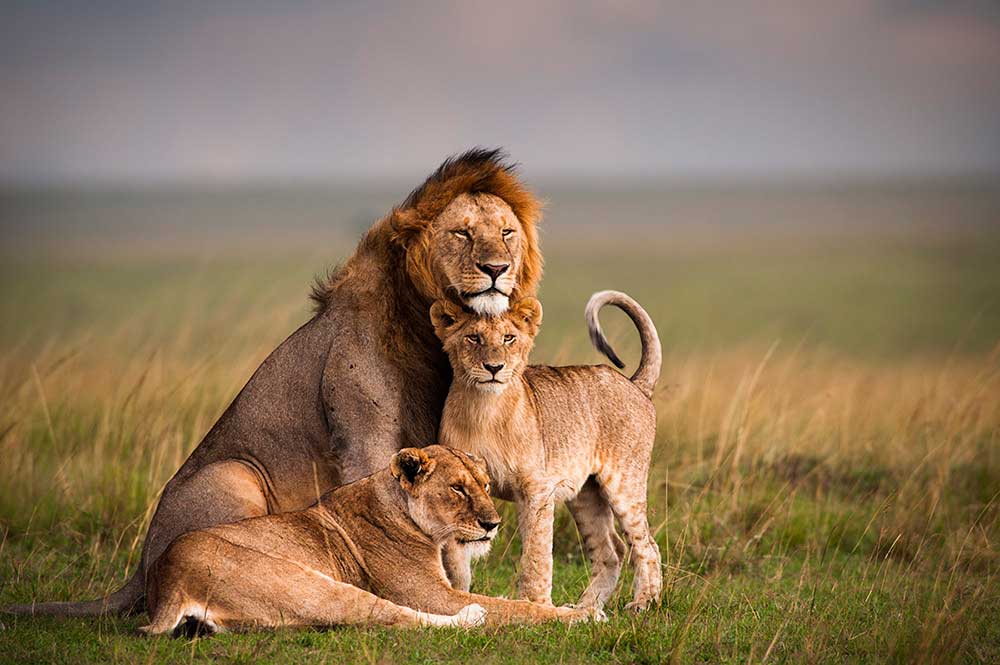A recent study revealed that lion’s population is declining around the world, unusually, due to prey abundance. The investigation has discovered that prey abundance causes predator population to decline in most kinds of ecosystems where a relation predator-prey is given. Researchers called it the ‘Power Scaling Law’ and it can be determined by a simple mathematical formula which can be applied in most ecosystems.
In the 40´s the lion population reached the figure of 450,000 worldwide and in the 60´s scientists estimated approximately 100,000 lions were living in Africa’s habitats. In the present, the international Union for the Conservation of Nature (IUCN) figures declared that fewer than 20,000 lions remain alive in the african continent.

Gathering the animal data
A PhD student from McGill University, Ian Hatton, which is the leader of the study started noticing that the decreasing tendency in lion’s populations had nothing to do with human factor, referring specifically to hunters. Hatton recollected as much animal census data as possible from parks where lions were living on crowded conditions. “When I began my PhD in biology at McGill, I wanted to go back and compare whole communities of African animals across protected ecosystems to see how the numbers of carnivores are related to their herbivore prey at the scale of whole landscapes. So I gathered all the animal census data I could for parks in east and southern Africa.” Hatton said.
As soon he and his colleagues started to analyze the gathered information, they surprisingly noticed that lions weren’t responding positively to the crowded scenarios. This curious fact seems to apply in other ecosystems with the same conditions, and its explanation has to do with prey’s reproduction. Apparently, when prey species’s population is abundant, they have fewer offspring for each individual, which affects in a negative way the predator’s hunting habits.
It is well known that predators prefer going after relatively defenseless preys, that is, young and old members of the prey herd, therefore, less food is available for predators if prey’s reproduction decreases in this fashion.
“This has obviously caused an enormous stir internationally with millions of people concerned about it […] In west Africa, lions have been disappearing at a catastrophic rate. In central and eastern Africa they appear to be declining fast.” said Professor David Macdonald, founding Director of the University of Oxford’s Wildlife Conservation Research Unit.
Source: BBC
